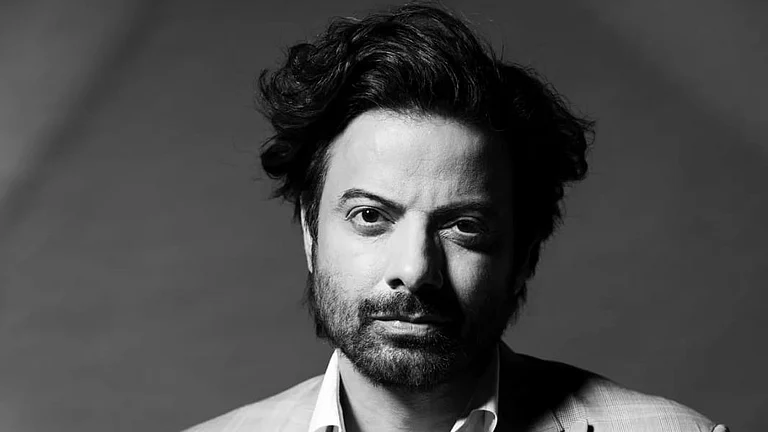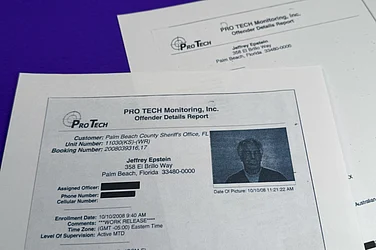A Chandigarh based firm, which offers consultancy services to students seeking admissions abroad, earns over Rs 6 crores annually. It sends 200 to 300 students every year to colleges across Australia, UK, USA and Canada in each academic session.
Against each admission, a college pays it 6 to 10 per cent commission from a student’s first-year fee, which is anywhere between Rs 25 lakh and Rs 30 lakh. So, the firm makes a profit of Rs 2 lakh to Rs 3 lakh on each admission.
“We send students to mostly those universities which give us highest commission,” one of the employees of the firm, requesting anonymity, said.
“All our counsellors here try to convince students to take admission in those universities which can pay us a good commission. The owner of the firm has nothing to do with the quality of education or the infrastructure of the universities,” he revealed.
There are hundreds of such companies or individuals working as education counsellors and sending thousands of students abroad every year to such colleges – as part of a money-minting exercise rather than genuine counselling based on the quality of education.

Sadly, there are no criteria to become an education counsellor and no guidelines to regulate this business, which has grown exponentially over the past few years in India.
There are countless stories of students’ relying on such counsellors and ending up landing in a low-ranked college, thereby messing up their career big time. While parents’ hard money gets wasted in the process, it’s the morale of ambitious students that hits an all-time low.
After passing out from these colleges, candidates either come back to India or helplessly try to settle abroad often signing up for a low-skilled job.
Amid the ongoing malpractices, some genuine counsellors and educationists urge for immediate action and bring in some sort of order into the segment.
Arindam Mukhopadhyay, a US-based senior financial services professional, who has been mentoring students in the US and India for a long time and is an active advocate of the education reform, says such firms or individuals should meet certain minimum standards.
“Unfortunately, today there is no such enforced standard or universally recognised accreditation mechanism that one can follow. So, either the Indian authorities need to set that standard, which will not be easy nor quick, or the counsellors to be asked to voluntarily disclose their credentials, which could include training or even life experiences,” Mukhopadhyay suggests.
Experts say that more and more foreign universities are recruiting their agents in India who cater to the universities’ interests rather than of the students’.
“A lot of funded companies have come into the market. They are focussing on sending students abroad as their core revenue point. Their investors put pressure on increasing profits so they invest heavily into marketing and try to attract more and more students,” a Delhi-based counselling firm, working for universities in the US and UK, said.
Adarsh Khandelwal, co-founder & director of Collegify, a global counselling firm, said, “Counselling, according to me, should be unbiased and transparent because the student’s entire future is at stake. In India, students are mainly dependent on mentors. It is almost like a patient-doctor relationship.”
Mukhopadhyay seconds Khandelwal. “Every student’s needs and abilities are unique and if the motivation of the counselling firm is to somehow ‘fit’ the student in just about any college for money, it completely loses the relevance, if not becomes an outright violation.”
In a situation, where there is no suitable mechanics to regulate these firms, Mukhopadhyay puts the onus on the students and parents to do the due diligence. “In general, any counselling firm offering free services, ‘promising admission or, worse, ‘promising admission with scholarship’ is not worth it. Prospective students are likely being steered to an institution that’s neither selective nor accredited,” he said.
Noted educationist and former UGC member MM Ansari alleges that the government and higher education regulatory bodies are fully aware of this ongoing fleecing of students but they choose to remain quiet. “The government should constitute a committee to examine the issue and come up with measures,” Ansari said adding that the problem is much wider and deep-rooted than what it looks like.
Professor Amarjiva Lochan, an expert at the India Centre for Migration (ICM), which serves as a research think tank to the Ministry of External Affairs (MEA) on international migration and mobility, says that there were talks on a couple of occasions about these counsellors being brought under regulation but nothing much happened.
“While the government is focused on regulating agents who send people abroad for jobs, it’s time that education counselors acting as agents of foreign universities are brought under the scanner,” he said.


























